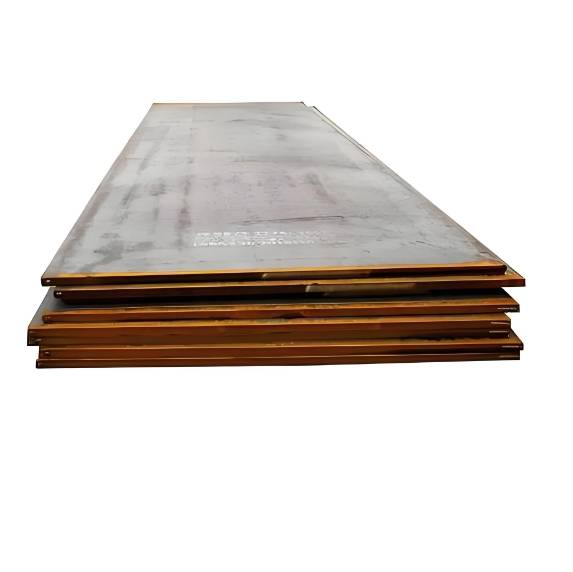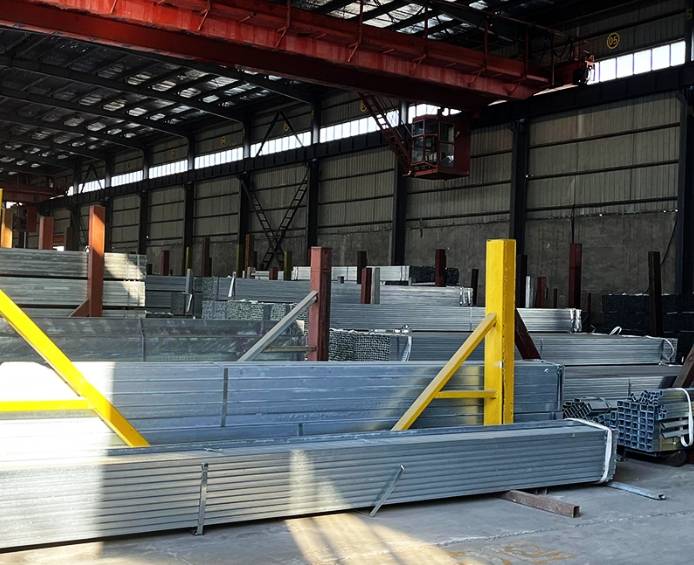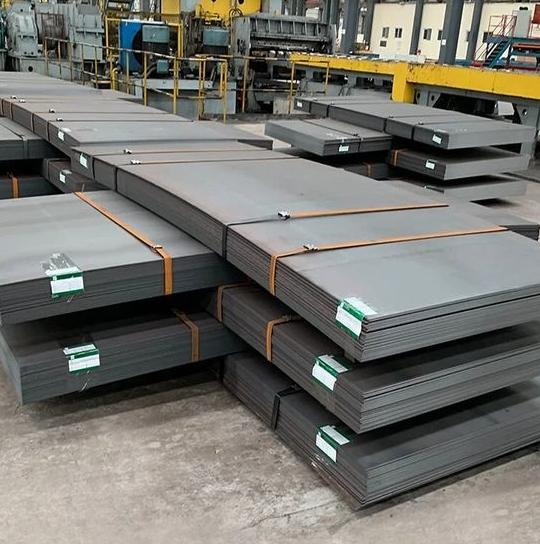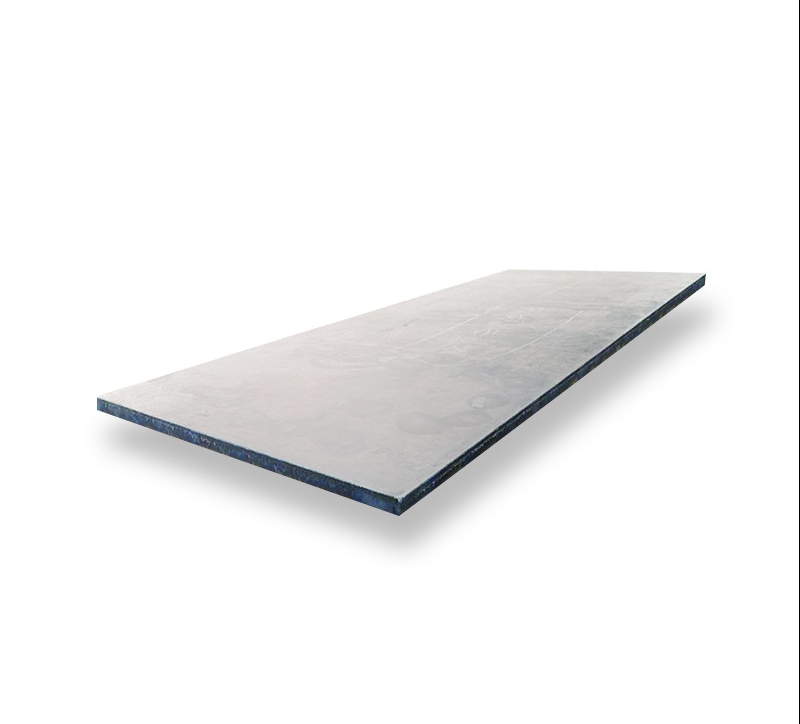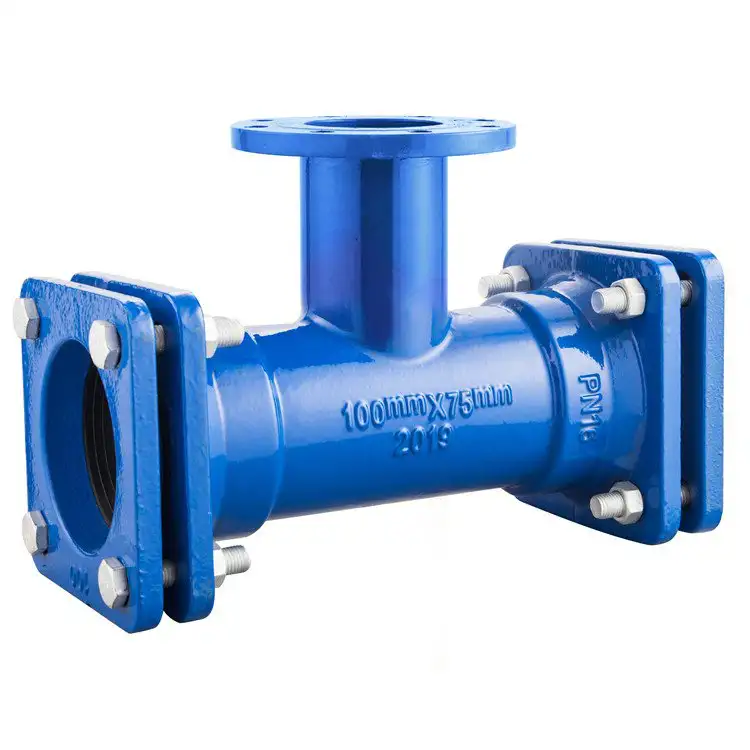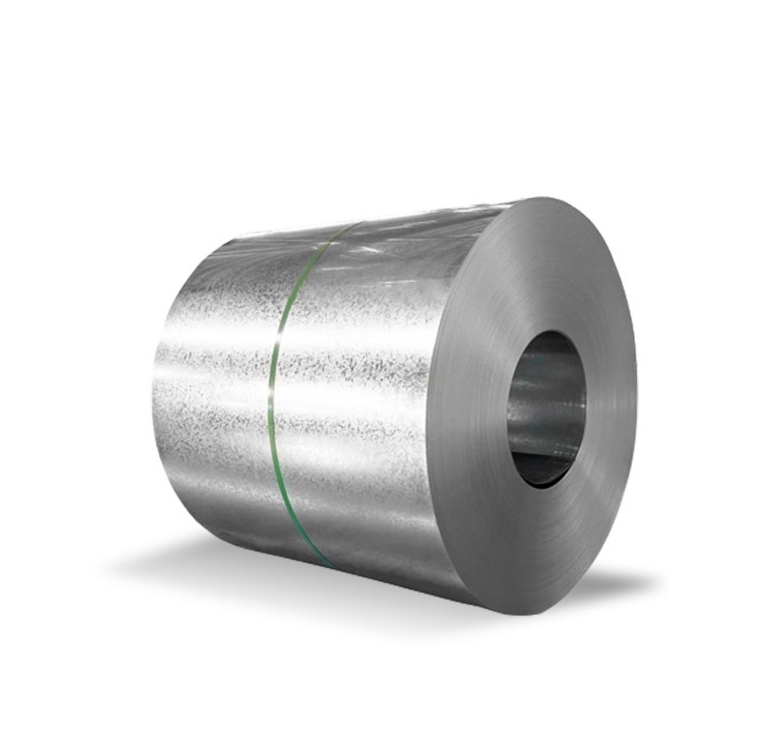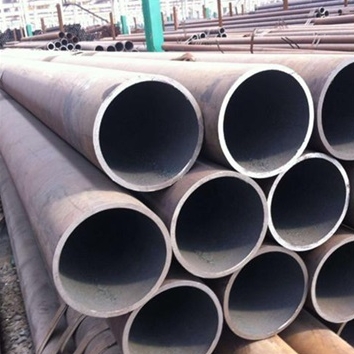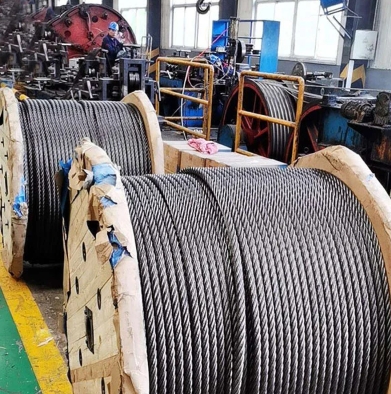High-Quality 1040 Carbon Steel Plate: Your Ultimate Guide for Industrial Use
Are you searching for reliable information on 1040 carbon steel plate? Whether you’re in manufacturing, construction, or engineering, understanding this material is essential. This comprehensive guide will explore everything you need to know about 1040 carbon steel plate, including its properties, applications, and how to select the best product for your needs.
What Is 1040 Carbon Steel Plate?
1040 carbon steel plate is a popular medium carbon steel known for its balance of strength and ductility. It contains approximately 0.40% carbon, which makes it ideal for various industrial applications. This steel grade offers excellent machinability and weldability, making it a preferred choice for many manufacturing processes.
Why Choose 1040 Carbon Steel Plate?
Compared to low-carbon steels, 1040 carbon steel plate provides higher strength and wear resistance. However, it remains easier to weld than higher carbon variants, offering a good compromise for many projects.
Properties and Characteristics of 1040 Carbon Steel Plate
Mechanical Properties
| Property | Value | Description |
|---|---|---|
| Tensile Strength | 580-720 MPa | Provides durability under stress |
| Yield Strength | 370 MPa | Ensures structural integrity |
| Hardness | 170-210 HB | Suitable for machining and forming |
Physical Properties
- Density: Approximately 7.85 g/cm³
- Melting Point: Around 1420°C
- Thermal Conductivity: Moderate, suitable for heat transfer applications
Corrosion Resistance
While 1040 carbon steel plate offers good mechanical properties, it has limited corrosion resistance. Applying protective coatings or galvanization can enhance its lifespan in harsh environments.
Microstructure
The microstructure of 1040 steel is primarily ferrite and pearlite, contributing to its balanced strength and ductility. Heat treatment can modify these microstructures to suit specific needs.
Applications of 1040 Carbon Steel Plate
1040 carbon steel plate is versatile across industries. Here are some common applications:
- Automotive Parts: Shafts, gears, and axles
- Construction: Structural components and bridges
- Machinery: Frames, bolts, and other mechanical parts
- Shipbuilding: Frames and structural panels
- Tool Manufacturing: Blades and cutting tools
Real-World Example:
In my previous project, I used 1040 steel for fabricating heavy-duty gears. The material’s strength and machinability made the process straightforward, saving time and costs.
How to Select the Best 1040 Carbon Steel Plate
Choosing the right 1040 carbon steel plate involves several steps:
Step 1: Define Your Application Requirements
Determine the mechanical properties needed, such as tensile strength or hardness.
Step 2: Check Material Certification
Ensure the supplier provides certified 1040 steel with relevant standards (ASTM, GB, JIS).
Step 3: Consider Surface Finish and Thickness
Select the appropriate surface treatment and thickness based on your project.
Step 4: Evaluate Supplier Reputation
Choose reputable suppliers like Shanxi Luokaiwei Steel Company for quality assurance.
Step 5: Confirm Delivery and Cost
Balance quality with budget constraints, and confirm delivery timelines.
Comparing 1040 Carbon Steel Plate with Other Grades
| Feature | 1040 Steel Plate | 1020 Steel Plate |
|---|---|---|
| Carbon Content | ~0.40% | ~0.20% |
| Strength | Medium | Low |
| Machinability | Good | Excellent |
| Weldability | Good | Excellent |
| Cost | Moderate | Lower |
Note: The table illustrates how 1040 steel offers a middle ground between strength and ease of processing.
Common Mistakes When Using 1040 Carbon Steel Plate
⚠️ ⚠️ Beware:
- Ignoring surface preparation can lead to weld defects.
- Using the wrong heat treatment may compromise strength.
- Overlooking corrosion protection reduces lifespan.
- Not verifying supplier certifications risks inferior quality.
Step-by-Step Guide to Working with 1040 Carbon Steel Plate
- Material Inspection: Check for surface defects and certification.
- Cutting: Use appropriate tools to avoid deformation.
- Heat Treatment: Apply tempering or annealing as needed.
- Welding: Follow recommended procedures for strong joints.
- Finishing: Perform grinding or polishing for smooth surfaces.
Practical Tips and Best Practices
- Always handle 1040 steel with proper safety equipment.
- Use lubricants during machining to extend tool life.
- Store steel plates in dry, covered areas to prevent rust.
- Regularly inspect welds and joints for integrity.
- Consult with experienced suppliers like Shanxi Luokaiwei Steel Company for tailored solutions.
Final Inspection Checklist
- Confirm steel grade and certification
- Check surface quality and dimensions
- Verify mechanical properties meet project specs
- Ensure proper heat treatment and finishing
- Confirm packaging and delivery schedule
Conclusion
In summary, 1040 carbon steel plate stands out as a reliable, versatile material suitable for various industrial applications. Its combination of strength, machinability, and affordability makes it a top choice for engineers and manufacturers. Always ensure you select a trusted supplier, such as Shanxi Luokaiwei Steel Company, to guarantee quality and service.
If you’re interested in sourcing high-quality 1040 steel plates, feel free to contact us at [email protected]. We are committed to providing premium steel products tailored to your needs.


